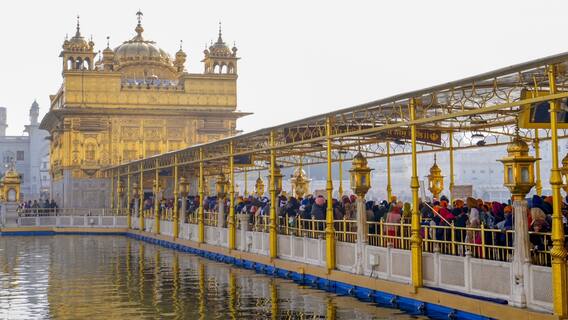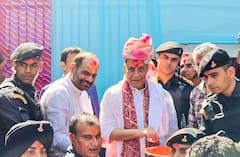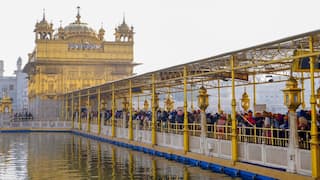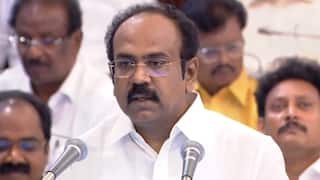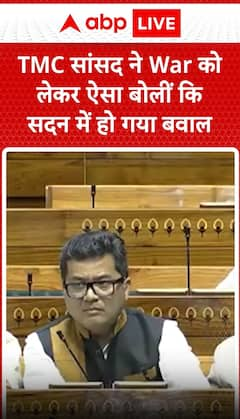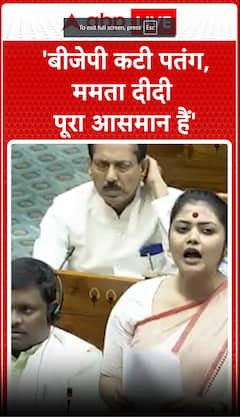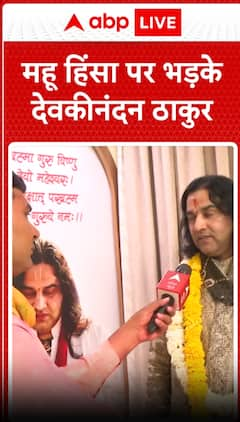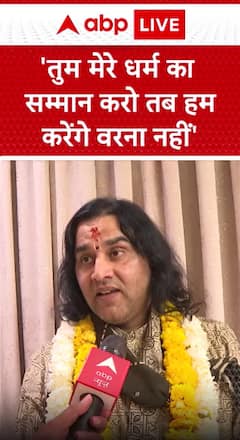Civil Services Day 2022: Who Is The Father Of Civil Service In India? Know History & Significance Of The Day
On April 21, 1947, Sardar Vallabhbhai Patel addressed the first batch of Administrative Services at Metcalf House, Delhi, and referred to them as the 'steel frame of India'.

New Delhi: Every year, the Government of India observes 'Civil Services Day' on April 21. It serves as an occasion for civil servants to re-dedicate themselves to the cause of the country.
They also renew their commitment to public service and excellence in work.
Civil Services Day 2022: History
On April 21, 1947, the first Home Minister of Independent India, Sardar Vallabhbhai Patel, addressed the first batch of Administrative Services at Metcalf House, Delhi, and referred to them as the 'steel frame of India'.
Civil Services Day was observed for the first time on April 21, 2006. A function was held in Vigyan Bhawan, New Delhi.
Civil Services Day 2022: Significance
On the occasion of Civil Services Day, districts and implementing units are awarded the Prime Minister's Awards for Excellence in Public Administration, for implementation of priority programme and innovation categories, according to the Department of Administrative Reforms and Public Grievances. Each year, the awards presented on the occasion of Civil Services Day bring together civil servants to connect with each other and learn good practices being implemented across the nation in the field of public grievance.
Best Wishes on #CivilServicesDay pic.twitter.com/GcWmyQ4l9N
— IAS Association (@IASassociation) April 21, 2022
Civil Services Day 2022: Father Of Civil Service In India
Warren Hastings, a British colonial administrator who served as the first Governor of the Presidency of Fort William (Bengal), laid the foundation of civil service, which was later reformed, modernised, and rationalised by Charles Cornwallis, 1st Marquess Cornwallis.
Therefore, Charles Cornwallis is known as the 'Father of civil service in India'.
Cornwallis was a British soldier and statesman, and the British governor-general of India (1786-1793, 1805).
According to Britannica, Cornwallis accepted the governor-generalship of India on February 23, 1786. Before leaving office on August 13, 1793, Cornwallis brought about a series of legal and administrative reforms, notably the Cornwallis Code (1793).
He established a tradition of law-abiding, incorruptible British rule in India, by paying civil servants adequately. He also forbade them from engaging in private business.
Trending News
Top Headlines











